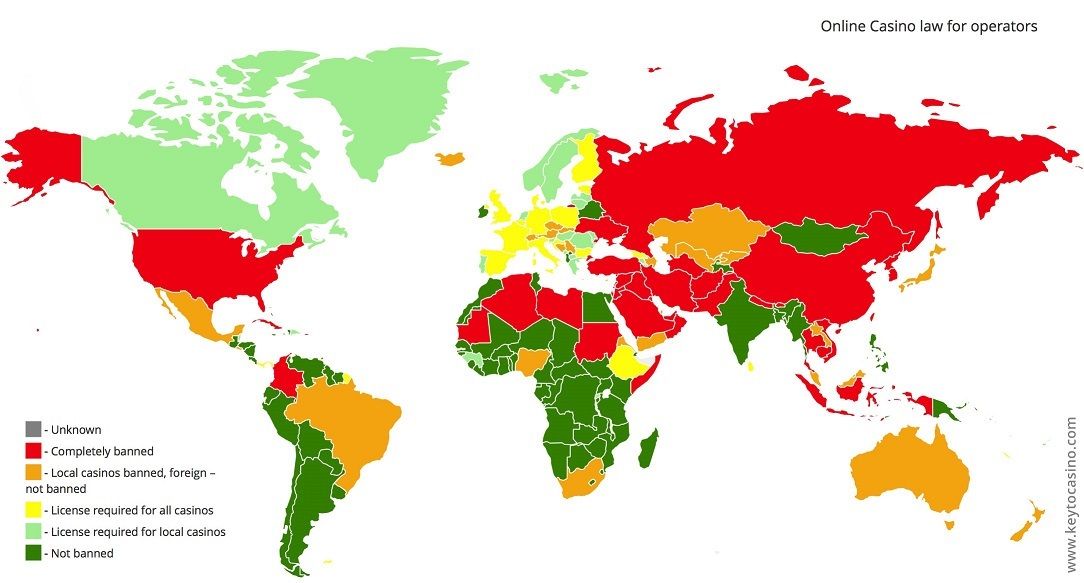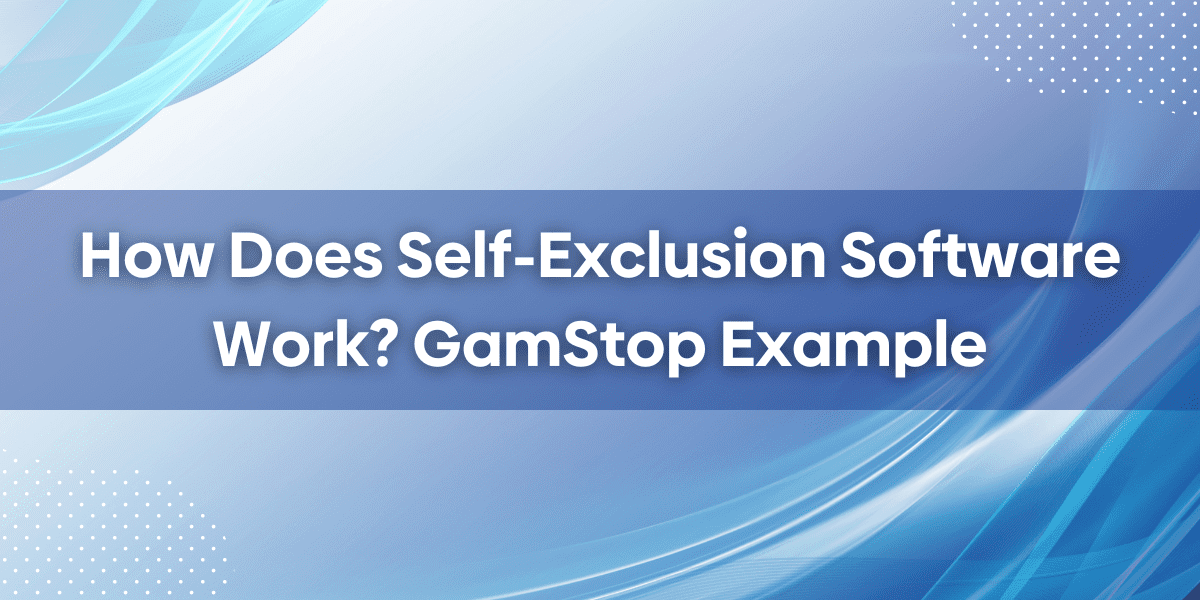In today’s tech-driven world, gambling addiction has become more prevalent than ever. With the rise of online casinos and mobile gambling apps, it’s easier than ever for people to get hooked on the thrill of the game. If you suspect that you or someone you know may be struggling with a gambling addiction, it’s important to recognize the signs and take action to overcome it.
Recognizing Gambling Addiction
There are several warning signs that can indicate a gambling addiction. These may include:
Being preoccupied with gambling and constantly thinking about the next opportunity to gamble
Needing to gamble with increasing amounts of money to achieve the same level of excitement
Lying to loved ones about gambling habits or trying to hide the extent of the problem
Feeling restless or irritable when attempting to cut back on gambling
Using gambling as a way to escape from problems or cope with stress
Overcoming Gambling Addiction
If you or someone you know is struggling with a gambling addiction, there are several steps that can be taken to overcome it:
Seek Help
One of the most important steps in overcoming a gambling addiction is to seek help from a professional. This may include therapy, counseling, or support groups specifically for individuals struggling with gambling addiction.
Limit Access to Gambling
One effective way to overcome a gambling addiction is to limit access to gambling opportunities. This may involve blocking gambling websites on your computer or phone, avoiding places where you can gamble, and cutting up credit cards to prevent impulse spending.
Develop Healthy Coping Strategies
Instead of turning to gambling as a way to deal with stress or escape from problems, it’s important to develop healthy coping strategies. This may include exercise, meditation, spending time with loved ones, or pursuing hobbies and interests that bring joy and fulfillment.
Set Boundaries
Setting boundaries around gambling behavior can help prevent a relapse. This may involve setting a budget for gambling activities, avoiding high-risk situations, and engaging in activities that don’t involve gambling.
Practice Self-Care
Lastly, practicing self-care is essential in overcoming a gambling addiction. This may include prioritizing sleep, nutrition, and exercise, as well as seeking out activities that promote relaxation and overall well-being.
Conclusion
Gambling addiction can have serious consequences for individuals and their loved ones. By recognizing the signs of a gambling addiction and taking proactive steps to overcome it, individuals can reclaim control over their lives and move towards a healthier and happier future.


